Do you have a renovation project in mind – and wonder how much value it will add to your home? Remodelling Magazine recently did a study of renovation projects, comparing costs to added value. Here are some of the results:
Replacing a main entry door has a return on investment of over 95%. After all, the entrance to a home is one of the first things a prospective buyer notices.
Adding a new deck also adds a lot of value. Depending on the materials used, you can expect to get back three-quarters of the money invested.
Another high-payback project is the garage door. This once again demonstrates the importance of a home’s “curb appeal.”
If you’re tackling a big project, such as a basement renovation, you’ll be glad to know that, according to the study, a project like this adds a lot of value.
Finally, minor improvements to bathrooms and kitchens – such as adding new countertops or cupboards, can also be good investments that mostly pay back when you sell your home.
Of course, these figures are averages and can vary widely depending on location, type of property, and other factors.
Need help determining how a particular home improvement might impact the selling price? Call today.


